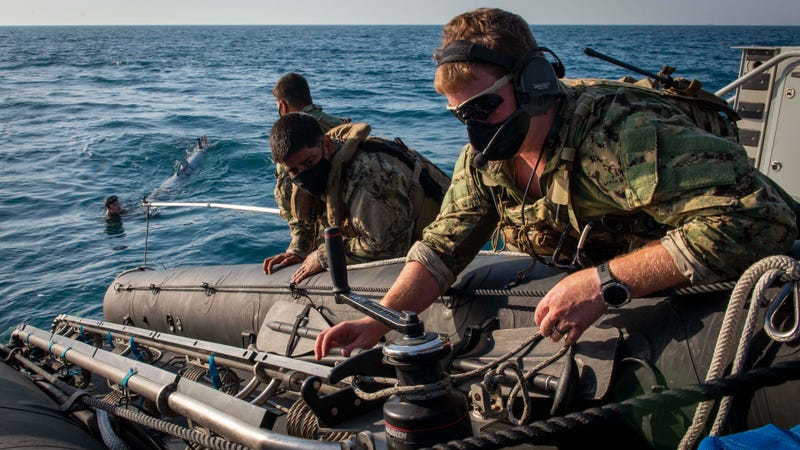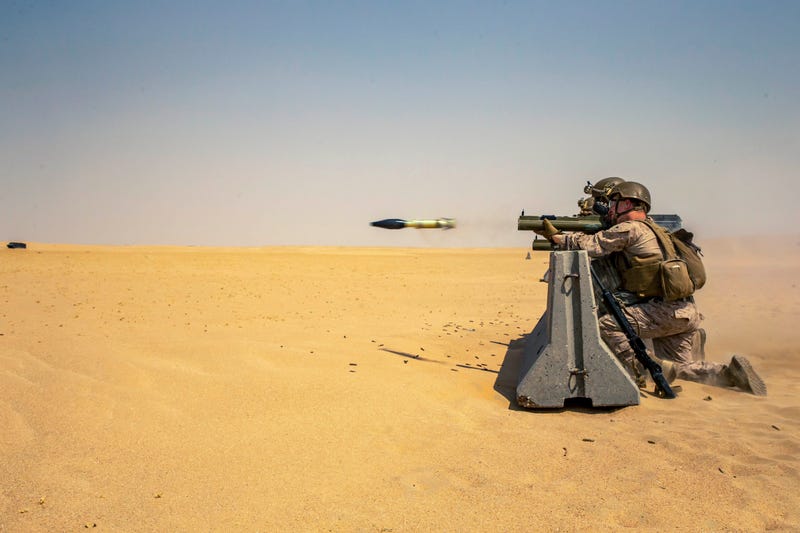
Peer competitors China and Russia are modernizing their militaries at an astonishingly rapid rate, much faster than the Defense Department, the vice chairman of the joint chiefs of staff said during a virtual address at the McAleese FY2022 Defense Programs conference.
"The character of war is changing now in unbelievable ways at an unbelievable pace. And that speed of change is, I think, one of the biggest challenges for us because we have to figure out how to put speed back in everything that we do. And right now the Department of Defense is not good at speed. What we're good at is executing," Air Force Gen. John E. Hyten said today.
Acquisition is a particular area that needs more speed, he added.
With speed comes a certain amount of risk, he said.

"Many people in our enterprise still like being very deliberate and taking no risks, and making sure we understand everything before we move forward. We like to make sure that every test works, and we don't test until we're sure that it's going to work. We can't do that kind of business anymore. We have to be able to go forward, which means we have to give that responsibility to much younger people in our formation," Hyten said.
The nature of warfare is changing in radical ways that create an enormous challenge and also an enormous opportunity, he said, mentioning unmanned air, ground and sea vehicles, artificial intelligence and machine learning.
Americans are the best in the world at innovation. If DOD leverages industry and academia talent, Hyten said he's confident that the department will excel in these and other areas.
Seamless integration of the joint force in all domains — sea, land, air, space and cyberspace — is also critical to deterring adversaries and winning wars, if necessary, he said.
Improved integration with allies and partners also is critical, and a lot more work needs to be done in that area, he said.
Hyten also mentioned the importance of modernizing the nuclear triad, meaning submarines, bombers and intercontinental ballistic missiles that are capable of carrying nuclear weapons.


